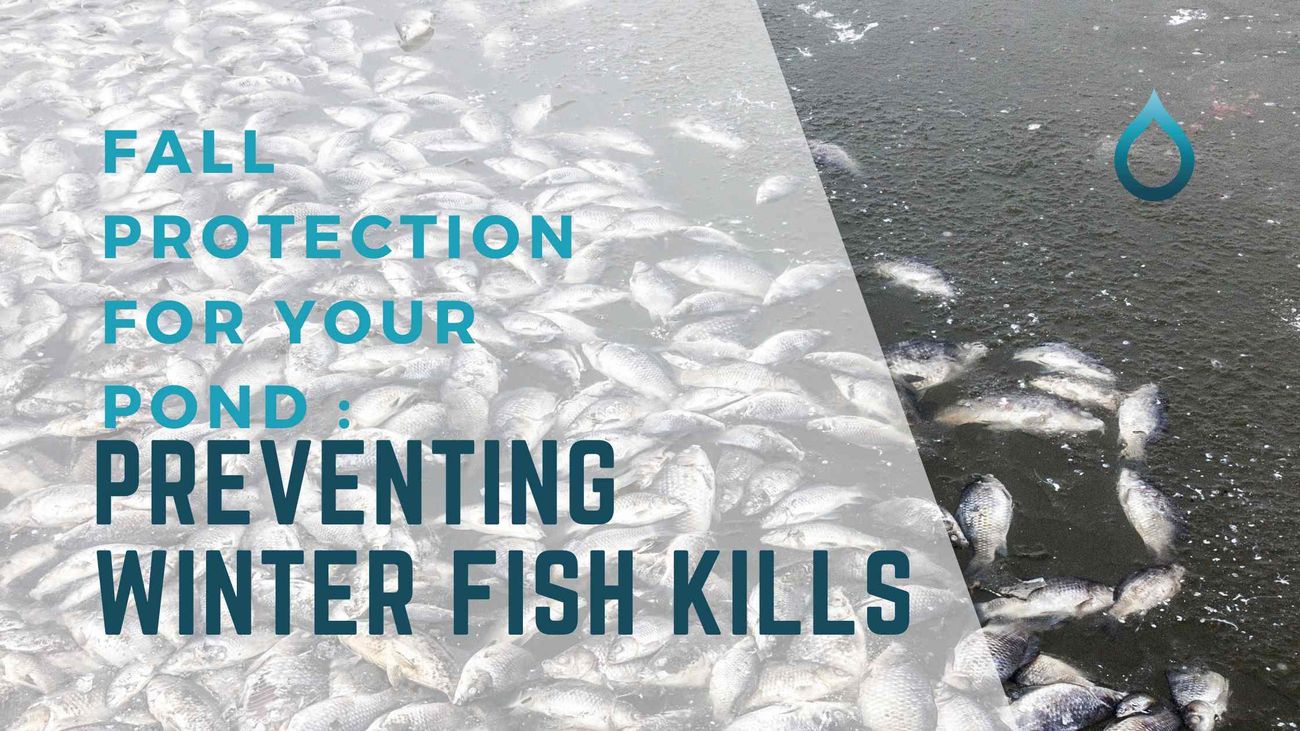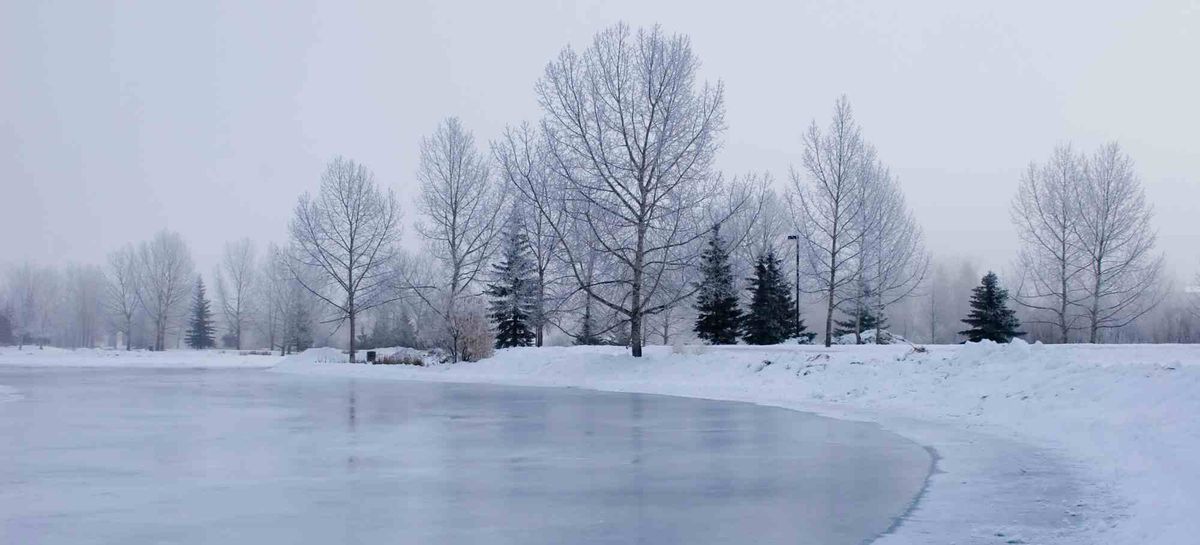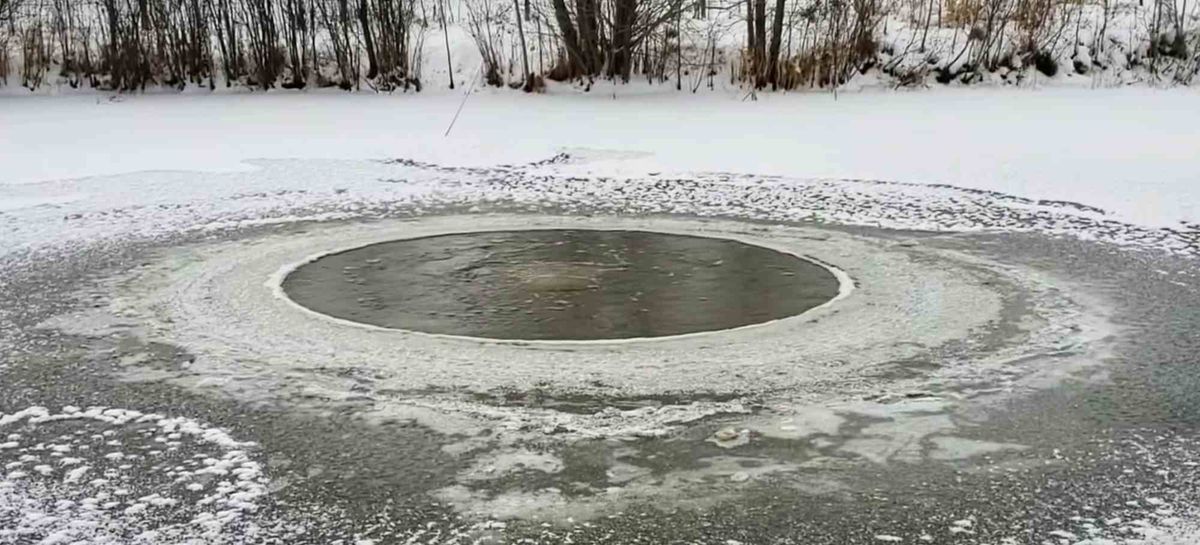
As winter approaches, lakes and ponds' serene, icy surfaces can be deceiving. While aquatic life may appear dormant beneath the ice, a hidden threat lurks: Winter Fish Fills. These events can devastate pond ecosystems, resulting in significant fish losses. To safeguard your waterbody, it is crucial to understand the causes of winter fish kills, their repercussions, and proactive measures that can be taken during the fall season.

So what is a Winter Fish Kill?
Winter Fish Kill refers to fish die-offs in a water body during colder months. This phenomenon typically arises when ice covers the water's surface for an extended period, hindering the exchange of gases between the water and the atmosphere. The primary culprit behind winter fish kills is the depletion of dissolved oxygen in the water, an essential element for fish survival.
Let’s explore the Causes of Winter Fish Kills
1. Dissolved Oxygen Depletion: The most prevalent cause involves declining oxygen levels, leading to fish suffocation. Oxygen in frozen water primarily comes from surface diffusion (minimal under ice) and the production by photosynthesizing plants and algae. During winter, reduced sunlight halts photosynthesis, while decomposition processes persist, consuming remaining oxygen.
2. Toxic Gas Accumulation: Organic matter decomposition on the lake or pond bottom generates methane and hydrogen sulphide. Under ice, these gases become trapped, potentially reaching toxic concentrations harmful to fish.
3. Sudden Temperature Fluctuations: Rapid temperature shifts, such as a warm spell followed by refreezing, can stress fish and lead to lethal thermal shocks.
What are the consequences of Winter Fish Kill?
Winter fish kills have far-reaching consequences beyond fish mortality, affecting the entire ecosystem:
1. Biodiversity Loss: The death of numerous fish can disrupt biodiversity, rendering the ecosystem more vulnerable to additional stressors.
2. Predator-Prey Imbalance: Fish loss can disrupt the food chain, affecting predator and prey populations. Scarcity of prey can lead to starvation among predators, while abundance can result in overpopulation of certain species.
3. Nutrient Disruption: Fish play a critical role in nutrient cycling by consuming organic matter, excreting waste, and eventually decomposing. A substantial fish population decline can disrupt these cycles, impacting water quality and overall ecosystem health.
How can we prevent Winter Fish Kills?
1. Plant Management: Maintaining a balanced mix of submerged and floating plants promotes oxygen production and overall water ecosystem health. Reducing dead plants and leaves in your pond is also advisable.
2. Aeration: Installation of aerators aids in maintaining oxygen levels by creating open water areas for efficient gas exchange between water and the atmosphere. Consider using an Electric or Windmill Aeration System for optimal results.
3. Limiting Nutrient Runoff: Reducing the influx of organic material into water bodies can lower decomposition rates and oxygen consumption. Proper management of agricultural runoff and septic systems is essential. Utilizing a Natural Pond Conditioner can enhance water quality and facilitate organic matter breakdown without depleting oxygen levels in an eco-friendly manner.
4. Fish Population Control: If a water body is overstocked, it becomes more susceptible to fish kills. Reducing the fish population through fishing or relocation may be necessary.

Understanding the causes and consequences of winter fish kills is paramount to preventing these events and preserving the health and balance of our aquatic ecosystems. Whether you are an environmental enthusiast, a fisherman, or enjoy the beauty of winter lakes and ponds, proactive measures during the fall season can make a substantial difference in sustaining these vital ecosystems.
For further insights into pond management during the fall season, we invite you to explore our blog post, Fall: Preparing your pond for next spring
Recommended products for Fall Protection

Nature's Pond Conditioner Fall-Winter

Koenders Electric Aerators
